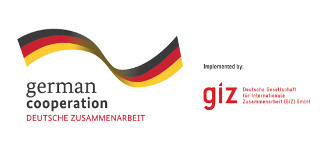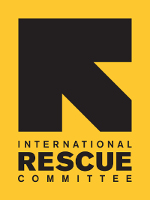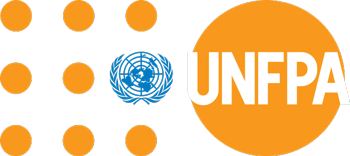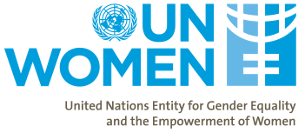Hotline: +381 61 63 84 071
Thousands of refugees pass through Serbia every day, those who are, on the journey from their countries of origin, facing greatest dangers in order to reach Europe, and who urgently need not only psychosocial support but also protection against the risks that continuation of the journey will bring.
NGO Atina, as an organization that has for the past twelve years been working with the most vulnerable in our society, responded to this situation by providing support to refugees, and in this regard formed mobile teams that are present every day in the field, in Belgrade, Sid and Presevo, and which respond to the existing challenges and help the most vulnerable among them. The teams are made of licensed professional social workers, psychologists, special educators, and interpreters for Arabic and Farsi languages, as well as cultural mediators who represent the most important link between the refugees themselves and Atina’s professional workers.
NGO Atina’s mobile teams are, in their daily work with refugees, working with persons who are at risk, or have been victims of some form of violence or exploitation, through the provision of psychosocial assistance directly, provision of direct services, but also through continuous monitoring of that person to the final destination, and his/her further stay and life there. In addition to that, our teams provide the refugees verified information about the continuation of the journey, which prepares them not only for their journey, but also for the risks they may encounter.;
Aware of the fact that a large number of unaccompanied minors passes through this road, we started working on a comprehensive response through cooperation with the organization ARSIS from Greece, and Open Gate from Macedonia, with the support of the Permanent Mission of France to the UN, and other international organizations in Vienna. We started forming networks, channels of communication and exchange of information, which should form the core of a comprehensive care system that would help state institutions and civil society organizations not only in Serbia, but also Macedonia and Greece, to more effectively respond to the current challenges they face regarding the unaccompanied children.
Through cooperation with state institutions and civil society organizations in Serbia and countries in the region, we expect more identified victims of not only human trafficking, but also various forms of violence and exploitation, so we can provide them with timely and comprehensive support they lack during their difficult and dangerous journey.
NGO Atina’s urgent response to the existing refugee crisis is supported by: Deutsche Gesellschaft für Internationale Zusammenarbeit (GIZ) GmbH, OXFAM, Start Network, Swiss Agency for Development and Cooperation in Serbia (SDC), Permanent Mission of France to the UN, and other international organizations in Vienna, Schüler Helfen Leben – SHL, International Rescue Committee, UN Women,UNFPA and Konrad Adenauer Stiftung.
 |
|
|
 |
||
|
|
|
 |
 |
 |
|
 |
 |
|
Disturbing posters against migrants have been removed from Belgrade buses
Photograph: STAW BLGRD
Project “Making a difference for refugee women and girls in Serbia“ is carried out by NGO Atina with the support of the UN Trust Fund to End Violen
Photo from the conference: Risks of trafficking in human beings for the purpose of sexual and other exploitation of children and young refugees and
Photo from the conference: Risks of trafficking in human beings for the purpose of sexual and other exploitation of children and young refugees and
How violence permeates the lives of migrant and refugee women and girls
Copyright © 2026,
Designed by Zymphonies



